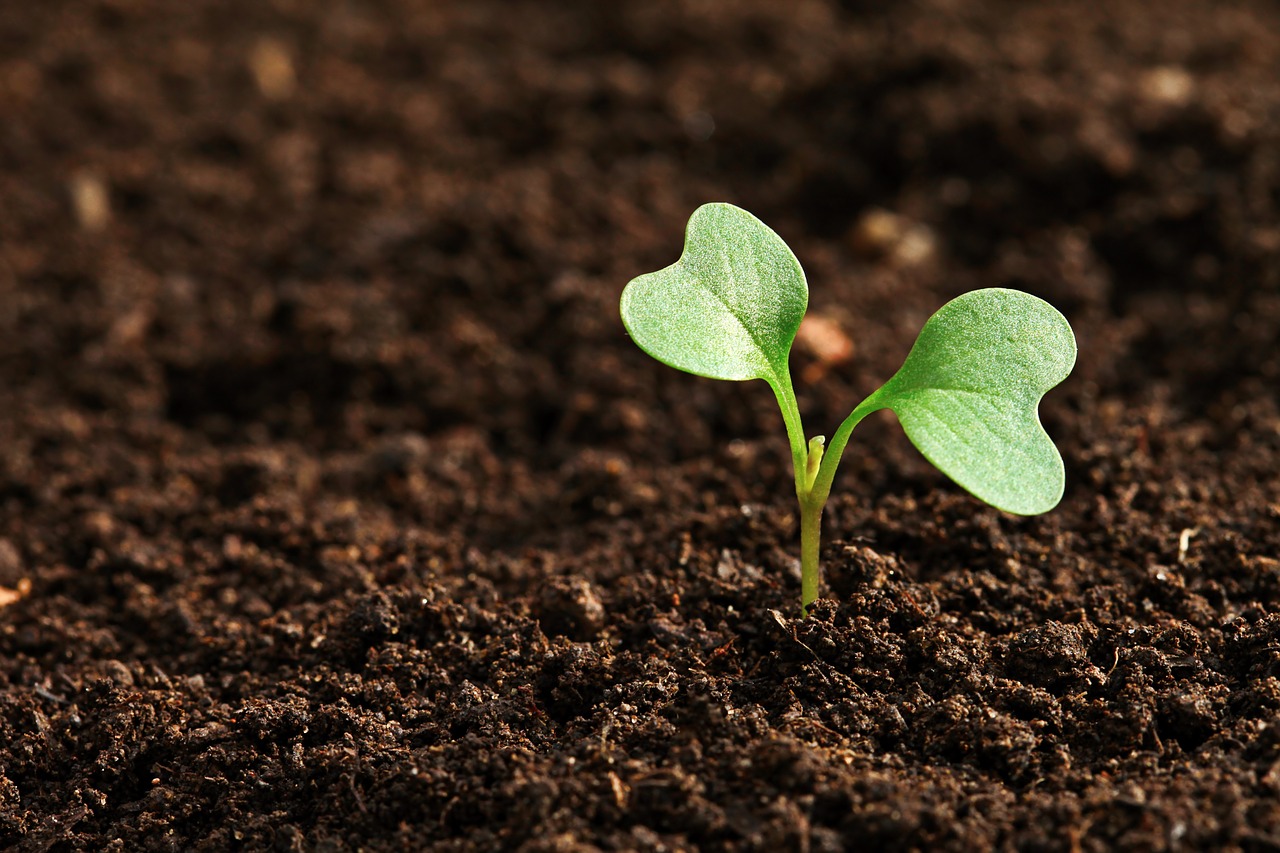
The coronavirus pandemic has not only changed the way people live in many countries around the world, but has also had a negative impact on the world economy as a whole. Such industries as tourism, education, event organization and others have already experienced tremendous pressure. Many countries have started restricting export flows, introducing sanitary and technical restrictions to protect their domestic markets. In short, one way or another, everyone has to adjust.
Like everybody else, Kazakhstan in the current conditions has to implement anti-crisis measures to support citizens and business representatives, as well as look for new growth points for the economy in the post-crisis period.
We asked ourselves, under what conditions can the agro-industrial complex become a real support and driver of the country's economy in the conditions of the global crisis? What is required to bring the industry to a qualitatively new level? What prospects are opening up for the agro-industrial complex under the current conditions?
To find out, we talked to Nurlybek Mukanov, Managing Director of the Department of Agro-Industrial Complex and Food Industry of "Atameken" NCE, and studied the current trends in the agricultural industry.
New opportunities for agriculture amid the global crisis
The agricultural sector is the foundation of any state that provides food to its population. All states, irrespective of their area, implement support measures to ensure that the food products remain of their own production. This is food security, which is already backed by economic security, because if a state has a high proportion of imported mass consumption food, it has a negative impact on the economy.
Therefore, taking into account the current situation, agriculture can become exactly the industry that will help Kazakhstan overcome many external shocks and crises. Thus, due to quarantine, many neighboring countries have introduced certain export restrictions. Our country has also introduced quotas on the export of certain agricultural products in order to secure the domestic market. Taking this opportunity, we should fill the domestic market with products as much as possible, i.e. there are opportunities for import substitution.
At the end of 2019, Kazakhstan's Minister of Agriculture Saparkhan Omarov noted that the list of socially significant goods in Kazakhstan includes 19 goods, of which only 6 have an import dependence for $ 505 million. Among these goods are poultry meat, sausage products, cheese and curd, apples, fish and sugar. The $505 million announced is the same market that new or existing entrepreneurs can fill.
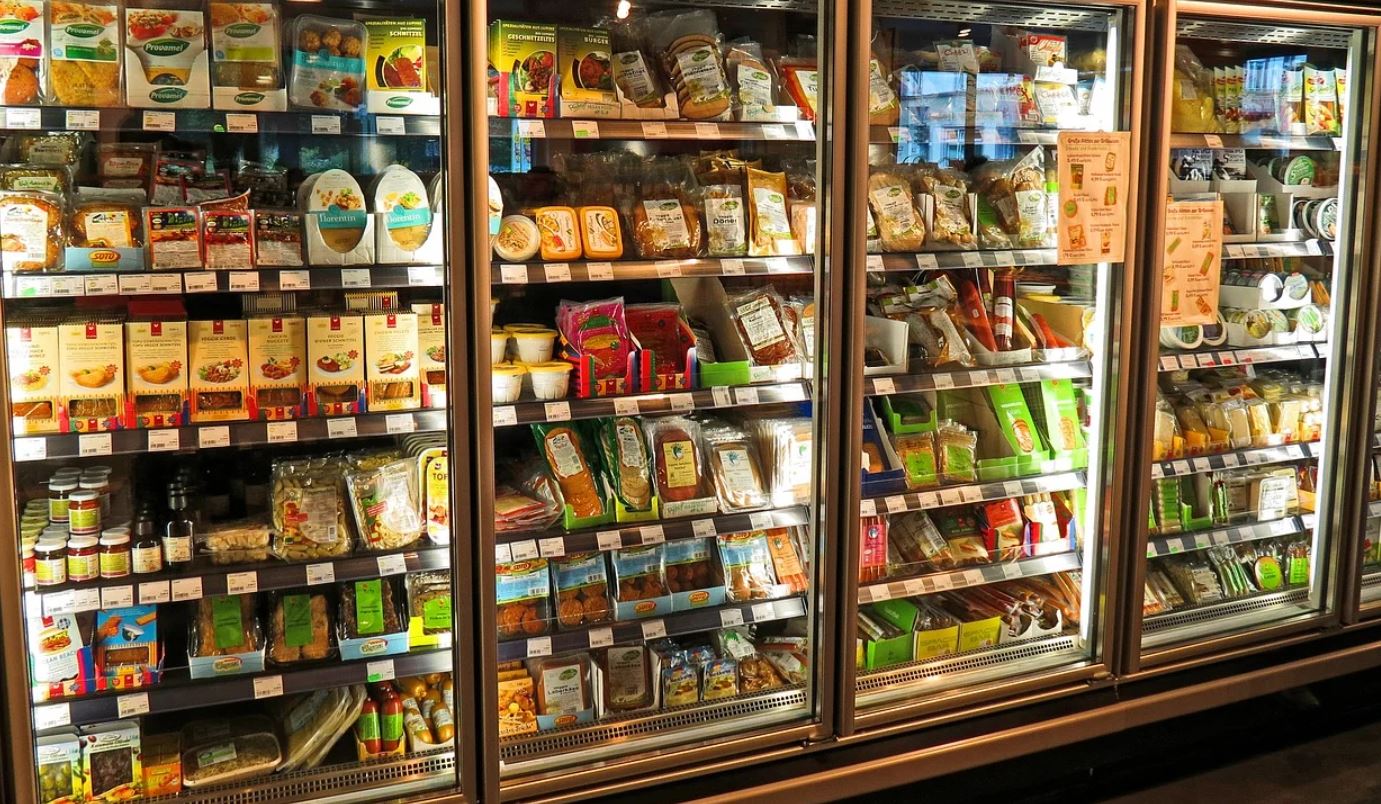 Today's situation, when imports to our country become smaller due to restrictive measures of other countries, gives a clear signal to businessmen - agriculture will become an increasingly promising sphere in the coming years. The existing and potential support of the state is particularly important in this regard.
Today's situation, when imports to our country become smaller due to restrictive measures of other countries, gives a clear signal to businessmen - agriculture will become an increasingly promising sphere in the coming years. The existing and potential support of the state is particularly important in this regard.
Thus, on 31 March, President Kasym-Jomart Tokayev instructed to allocate 70 billion tenge from the budget and deliver to farmers through JSC "Agrarian Credit Corporation". The rate for final borrowers will not exceed 5%. Furthermore, an additional 100 billion will be allocated as part of the programme "Economics of Simple Things". The final rate under this program has been standardized across all industries and is at 6%.
Undoubtedly, these measures are primarily aimed at supporting small and medium farms in the current conditions, but the main sense is that today in Kazakhstan you can get a soft loan to start or develop your business. For this purpose, there are many both sectoral and general entrepreneurial support programmes.
However, in order to start production, you need to know that there will be a guaranteed sale of products. This issue is planned to be solved in Kazakhstan by creating a new distribution network.
Creation of a new distribution network in Kazakhstan as a signal for agricultural development
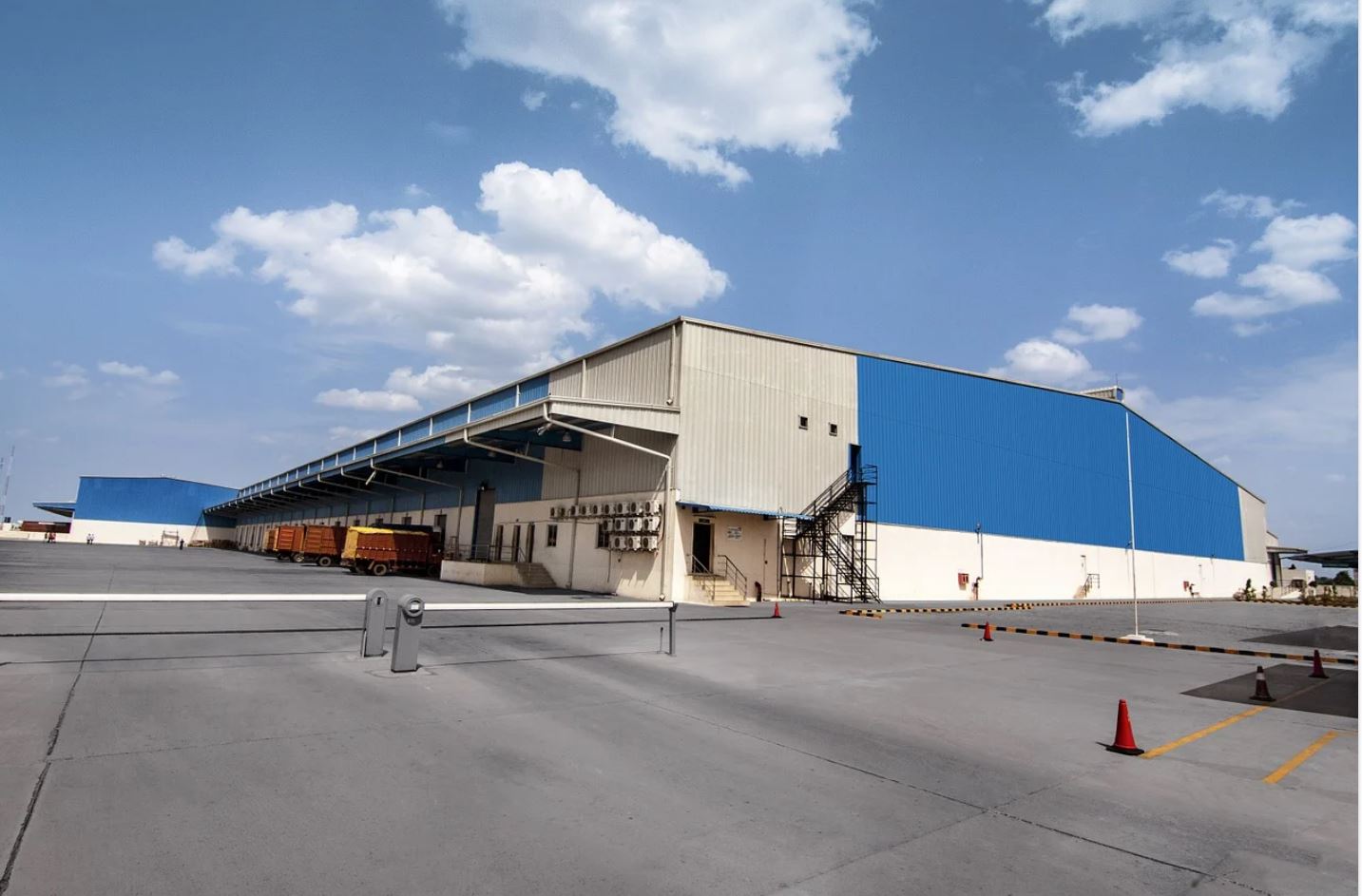 At the meeting of the Government of the Republic of Kazakhstan held on 28 April, Minister of Trade and Integration Bakhyt Sultanov presented a project to create a single distribution network in Kazakhstan.
At the meeting of the Government of the Republic of Kazakhstan held on 28 April, Minister of Trade and Integration Bakhyt Sultanov presented a project to create a single distribution network in Kazakhstan.
It is assumed that the national distribution network will create a separate economic cluster, which will bring the producer closer to the consumer. The core of this ecosystem will be wholesale distribution centers (WDCs).
Such centers will offer specialized services ranging from storage and processing to distribution and marketing of products. This entire infrastructure will make it possible to build effective transport and logistics channels for product supply. Export-import operations will also be carried out with the EAEC, CA and China, which will expand the markets for domestic agricultural products.
For entrepreneurs, such a government initiative opens wide opportunities for creating new or developing existing businesses (through the sustainable sale of agricultural products), and for buyers it will reduce prices for meat, fruits and vegetables by 25%.
"The network of wholesale distribution centers will become a link between the main participants of the commodity distribution system and will also unite producers, retailers and suppliers into one cluster. The proposed system fully complies with global trends," Bakhyt Sultanov said.
For example, in France, the mechanism of wholesale food markets has been successfully implemented. In Spain, too, the Mercasa retail chain works very effectively (we will report more on them in later materials). These exact cases were taken as a basis for the development of the Kazakhstan project, with the definition of clear parameters and characteristics of each link in the proposed distribution network.
The network of wholesale distribution centers is planned to be built in all regions of the country. It should fully cover the goods supply chain "from manufacturer to store shelf".
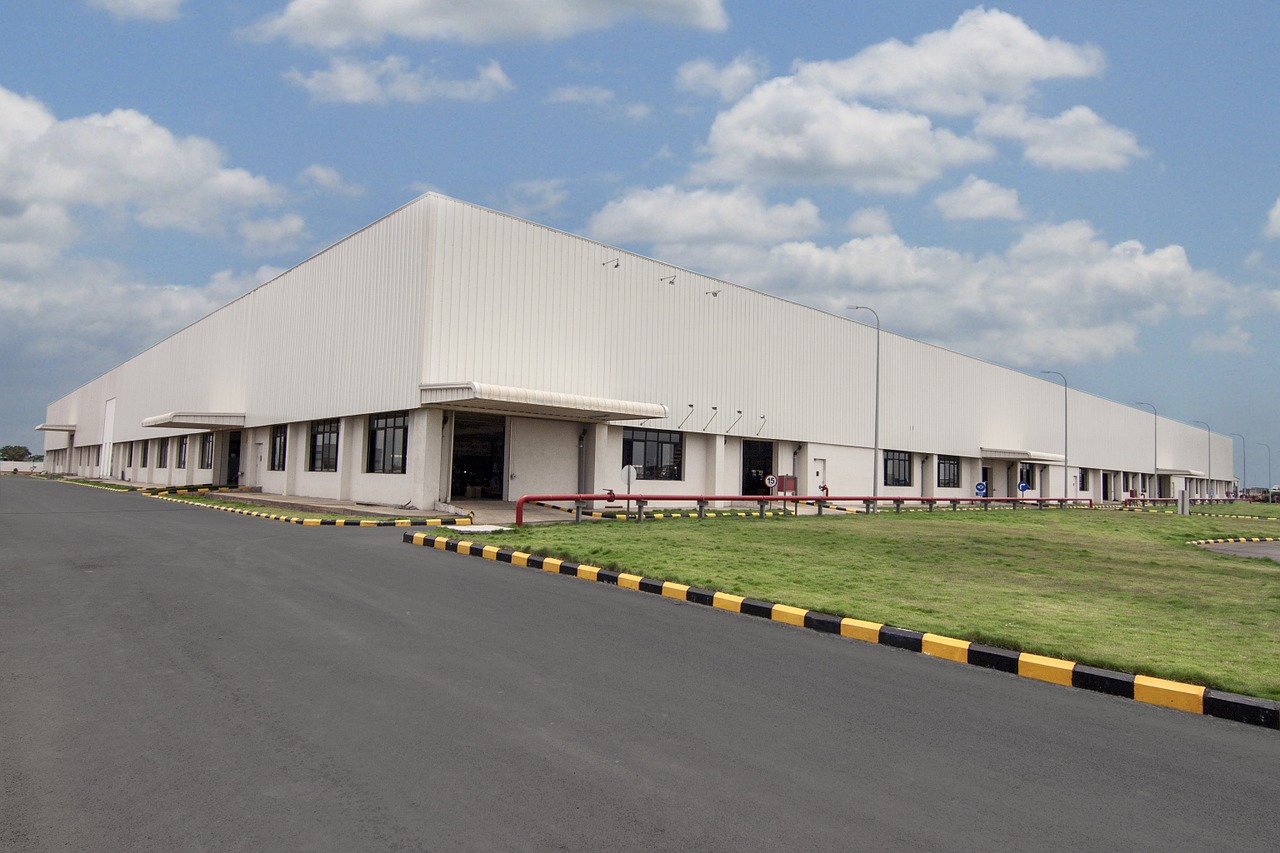 It is proposed to implement the whole system in 3 stages. In the first stage, it is planned to build 5 wholesale distribution centers focused on storage of agricultural goods. This will be in Pavlodar, Almaty and Turkestan regions. In the next two stages the mechanism of public-private partnership will be already applied, which opens wide opportunities for development both for young entrepreneurs and for established market players.
It is proposed to implement the whole system in 3 stages. In the first stage, it is planned to build 5 wholesale distribution centers focused on storage of agricultural goods. This will be in Pavlodar, Almaty and Turkestan regions. In the next two stages the mechanism of public-private partnership will be already applied, which opens wide opportunities for development both for young entrepreneurs and for established market players.
"We have developed and offer mechanisms for full commissioning of the system's capacity in the total volume of 4.8 million tons per year by 2022. This will fully cover the capacity deficit and create conditions for the subsequent export expansion," the Minister said.
Of course, the specific mechanism of supply of products grown by agricultural producers is not yet clear. It is necessary that from a simple farmer, who is, for example, 200-300 km away from the regional center, the grown products get to the WDC, and then to the shelves of stores. An ideal mechanism has to be established. Infrastructure must be in place precisely where the products are grown. We will see first how all this will be implemented, but the prospects of such an undertaking are obvious.
Guaranteed sales, financial support, training - what do agricultural producers need today?
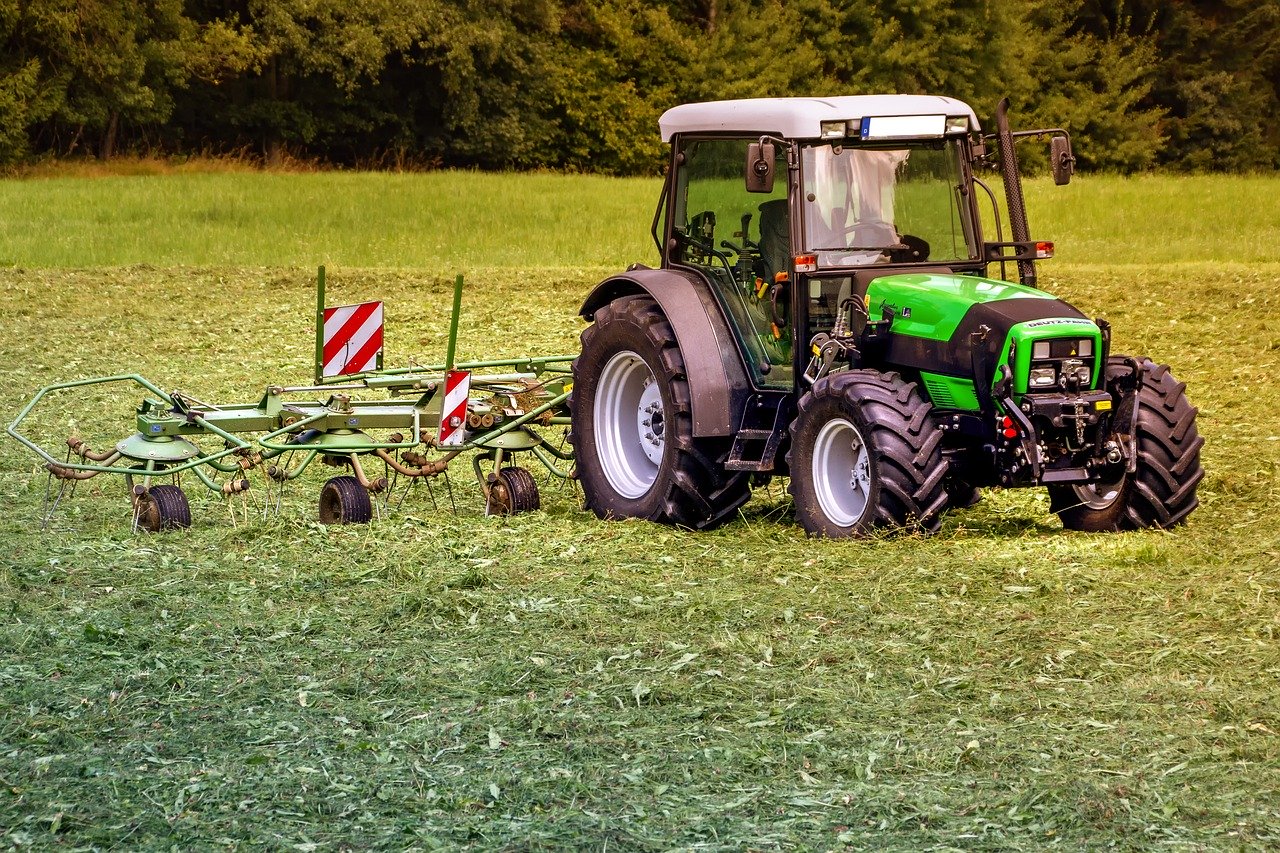 According to Nurlybek Mukanov, director of the Department of Agro-Industrial Complex and Food Industry of Atameken NCE, today farmers need help in three directions.
According to Nurlybek Mukanov, director of the Department of Agro-Industrial Complex and Food Industry of Atameken NCE, today farmers need help in three directions.
The first is to ensure guaranteed sales. This goal can just be achieved by creating an WDC system. Growing their products, farmers must know exactly where they will store them and where to sell them, what profit they can count on. Similarly, retailers need to know exactly where and when they will be able to get the products they need.
The second is to provide financial support so that farmers can plant and harvest on time and buy the necessary equipment, machinery and fuel. Above, we have already announced the measures implemented by the Government of Kazakhstan in this direction, but additional financial support, as you know, is never superfluous.
Thirdly, it is necessary to improve the competence of farmers so that they can get a bigger crop while improving its quality. For example, there is a certain technological cycle for potatoes. Around 32-33 activities should be carried out to obtain a good harvest, including soil preparation, planting and further cultivation.
Not all farmers know the necessary technological features, and even if they do, not everyone has the ability to follow them. Thus, if you perform the required technological chain, then from one hectare can be harvested, for example, 50-70 tons of potatoes, and if you do not comply - you get a much smaller yield. In this direction, special training activities can be implemented in the form of field seminars (directly in villages) or online webinars for those who have access to the Internet. In general, there is something to work on.
Based on the above, it can be concluded that the agro-industrial complex of Kazakhstan has a serious potential for establishment and development as a key driver of the country's economy. Today, measures are already being taken to achieve this goal, but of course, there is still a lot of work to be done. There are many sensitive issues to be solved, effective infrastructure to be created, new technological developments to be introduced, and agrarians' competence to be improved.
The editorial staff of World of Nan fully shares the desire to achieve the stated goals, so they try to provide farmers with reliable, useful and interesting information from the world of agriculture and agricultural technology.






































 Today's situation, when imports to our country become smaller due to restrictive measures of other countries, gives a clear signal to businessmen - agriculture will become an increasingly promising sphere in the coming years. The existing and potential support of the state is particularly important in this regard.
Today's situation, when imports to our country become smaller due to restrictive measures of other countries, gives a clear signal to businessmen - agriculture will become an increasingly promising sphere in the coming years. The existing and potential support of the state is particularly important in this regard. At the meeting of the Government of the Republic of Kazakhstan held on 28 April, Minister of Trade and Integration Bakhyt Sultanov presented a project to create a single distribution network in Kazakhstan.
At the meeting of the Government of the Republic of Kazakhstan held on 28 April, Minister of Trade and Integration Bakhyt Sultanov presented a project to create a single distribution network in Kazakhstan. It is proposed to implement the whole system in 3 stages. In the first stage, it is planned to build 5 wholesale distribution centers focused on storage of agricultural goods. This will be in Pavlodar, Almaty and Turkestan regions. In the next two stages the mechanism of public-private partnership will be already applied, which opens wide opportunities for development both for young entrepreneurs and for established market players.
It is proposed to implement the whole system in 3 stages. In the first stage, it is planned to build 5 wholesale distribution centers focused on storage of agricultural goods. This will be in Pavlodar, Almaty and Turkestan regions. In the next two stages the mechanism of public-private partnership will be already applied, which opens wide opportunities for development both for young entrepreneurs and for established market players. According to Nurlybek Mukanov, director of the Department of Agro-Industrial Complex and Food Industry of Atameken NCE, today farmers need help in three directions.
According to Nurlybek Mukanov, director of the Department of Agro-Industrial Complex and Food Industry of Atameken NCE, today farmers need help in three directions.
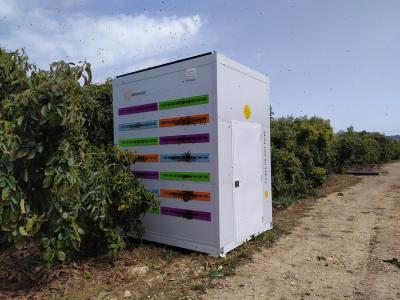
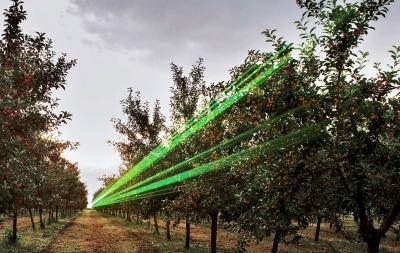
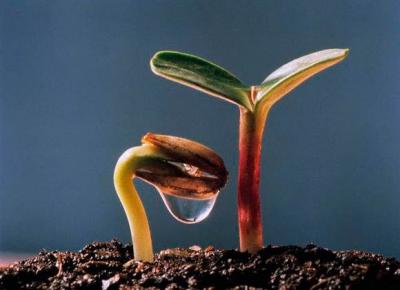
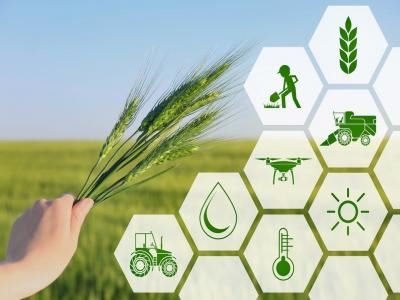

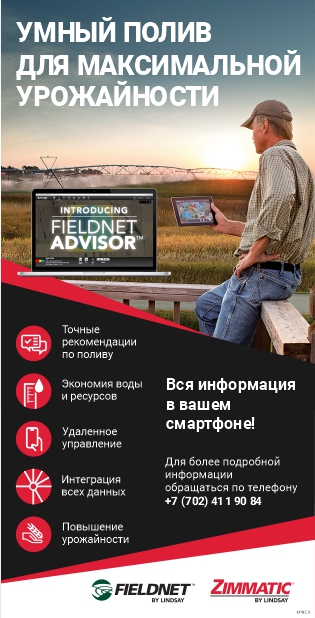

Обсуждение